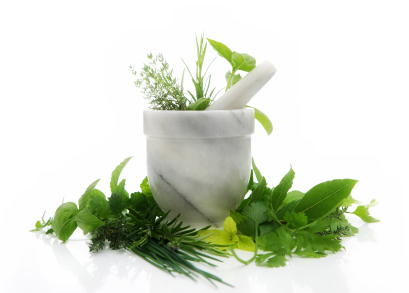Biological Root Canals
 Among dentists, root canals are a highly charged topic. For the most part, conventional dentists favor them, while many holistic dentists oppose them. Opposition to root canals stems from the difficulty inherent in trying to eradicate bacteria in the root canal and the potential for such bacteria to migrate into the bloodstream and cause infection and serious health issues in other parts of the body.
Among dentists, root canals are a highly charged topic. For the most part, conventional dentists favor them, while many holistic dentists oppose them. Opposition to root canals stems from the difficulty inherent in trying to eradicate bacteria in the root canal and the potential for such bacteria to migrate into the bloodstream and cause infection and serious health issues in other parts of the body.
Unfortunately, there are only two alternatives to root canals. The first is to do nothing, but there are no real benefits to this approach. Tooth root problems start with inflamed nerves. Leave an inflamed nerve untreated for too long, it becomes infected and the problem becomes exponentially more complicated. Infection can then spread to other teeth and even to the blood stream.
The second alternative is extraction and in very severe cases, this may be the only option. When extracting a tooth, a decision needs to be made about what to do with the empty space. Leaving it empty is certainly an option, but missing teeth can lead to compromised chewing, and problems with gums and bite. Options for replacing teeth include, dentures, fixed bridges and implants. All of which come with their own problems.
Because there are no great options for root issues, I neither support nor oppose them. I believe they have their place but, recognizing the risks inherent in root canals, I look for ways to mitigate those risks.
In my practice, that means two things. First, if I believe a root canal is needed, I want to do it as soon as possible, before the inflamed nerve becomes infected. Treating the tooth before the bacteria get a chance to multiply improves the chances for a good outcome.
Second, I sterilize the tooth with calcium hydroxide instead of Biocalex to sterilize the inside of the tooth. Biocalex has a number of drawbacks, ranging from odd sensations in the tooth, to pain, to teeth cracking beyond the possibility of repair. Calcium hydroxide not only does not cause the problems that Biocalex can cause, but it is highly alkaline. When calcium hydroxide is use on the tooth and left in place for several days, the entire tooth goes from a neutral pH of 7, to an alkaline pH of 10. It eradicates bacteria far more effectively than Biocalex. Along with killing bacteria, calcium hydroxide can also eliminate any bits of nerve that may remain.
BIOLOGICAL ROOT CANALS
In the world of dentistry, there are a lot of opinions on root canals. When dental problems affect the roots of the teeth, the options are:
- Do nothing and risk the problem spreading to other teeth and infection getting into the bloodstream,
- Extract the affected tooth and decide what to do with the space, or
- Perform a root canal, save the tooth and risk long-term consequences associated with the procedure.
Doing nothing is the riskiest route of the three and can lead to serious long-term and seemingly unrelated health problems down the road. Extracting the tooth has its place, but there are no ideal options for dealing with the empty space, either.
Root canals are considered risky because the structure of the tooth makes it virtually impossible to kill all of the bacteria during the procedure, leaving a risk (though smaller than that of doing nothing) that the bacteria will get into the bloodstream and travel through the body. In fact, Dr. Weston A. Price, whom some consider to be the father of modern holistic dentistry, conducted a great deal of research in which he took extracted teeth and implanted them under the skin of lab animals. Many of these animals developed conditions identical to those from whom the teeth came, and quickly. As a result of this research, he concluded that as many as 95% of infections begin in the mouth.
Rather than discounting root canals, as long as there are no good options, we need to be looking at ways to minimize the risks associated with them. In my practice, I observe a few standards intended to do just that.
First, if a root canal is warranted, I do it as early as possible. Early root problems are caused by inflamed nerves. If left too long, inflamed nerves become infected. The longer a root canal is delayed, the more the bacteria have an opportunity to multiply, to hide in the microtubules inside the tooth and from there, migrate to the bloodstream.
Second, I use calcium hydroxide, a strong alkaline (pH 10) to sterilize the inside of the tooth. By filling the root space of the tooth with calcium hydroxide and leaving it in place for several days, the calcium hydroxide permeates the tooth and brings the entire tooth to a similar pH, which is alkaline enough to kill most bacteria. Though there are no guarantees, the calcium hydroxide has been shown to be far more effective at both killing bacteria and disintegrating any nerve debris that may be left behind.
Reference: http://biocompatibledentist.org/